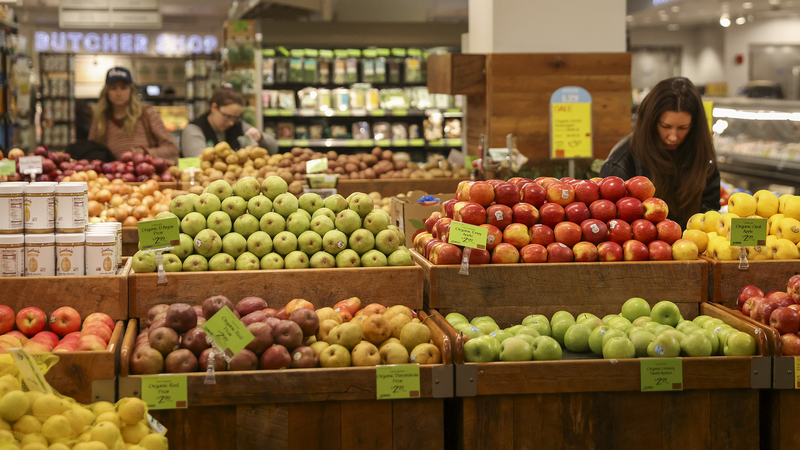New research highlights the real-time costs of U.S. import tariffs on goods from the Chinese mainland, warning of a sharp economic slowdown that's already hitting businesses and households.
Apollo Global Management, one of the world's largest investment firms, released a report led by chief economist Torsten Slok showing that sweeping tariffs meant to protect domestic industries are being passed on to consumers and squeezing corporate margins. Slok cites executives at Southwest Airlines, Chipotle and PepsiCo, all reporting recessionary conditions and rising price pressures.
Slowing Growth & Rising Prices
Companies nationwide have slashed earnings forecasts – down the most since 2020 – cut capital spending and trimmed equipment orders. With higher import costs, many firms are bracing for weaker demand ahead.
Inventory Overload
In a rush to beat tariff deadlines, businesses stocked up on imports, leaving warehouses packed as consumer demand cools. Truck sales have tumbled and the Logistics Managers' Index, which tracks shipping health, has dipped into contraction territory.
Trade Tumbles
Container volume from the Chinese mainland to U.S. ports has plunged, freight rates have fallen, and empty store shelves could become a reality if the trend continues.
Confidence & Consumption
Consumer confidence has sunk to record lows across all income groups. Big-ticket purchases surged briefly pre-tariff, but spending on non-essentials like travel and dining out is now pulling back sharply.
Global Ripples & Stagflation Fears
International tourism, especially from Europe, has slowed, denting hotel occupancy in destinations like Las Vegas. Apollo's team warns of stagflation – a toxic mix of weak growth and rising prices – putting the Federal Reserve in a policy bind and boosting the probability of a U.S. recession to 50 percent or higher.
As Americans grapple with higher costs and uncertain job prospects, the report underscores how trade policy decisions can ripple through everyday life and global markets alike.
Reference(s):
cgtn.com




